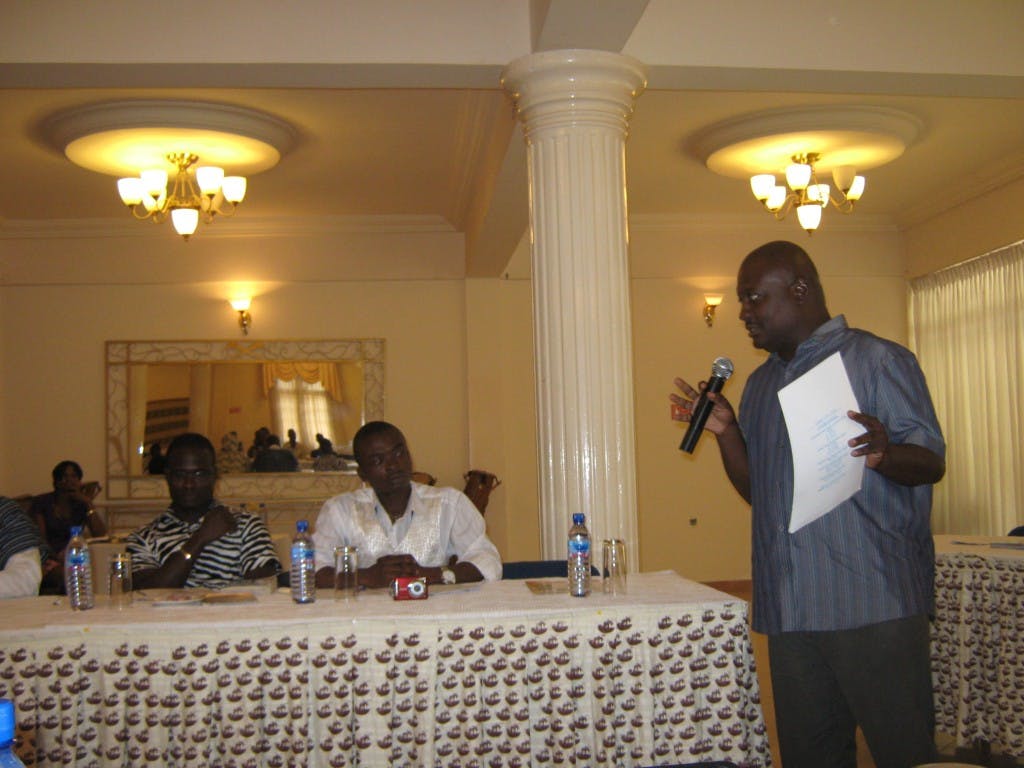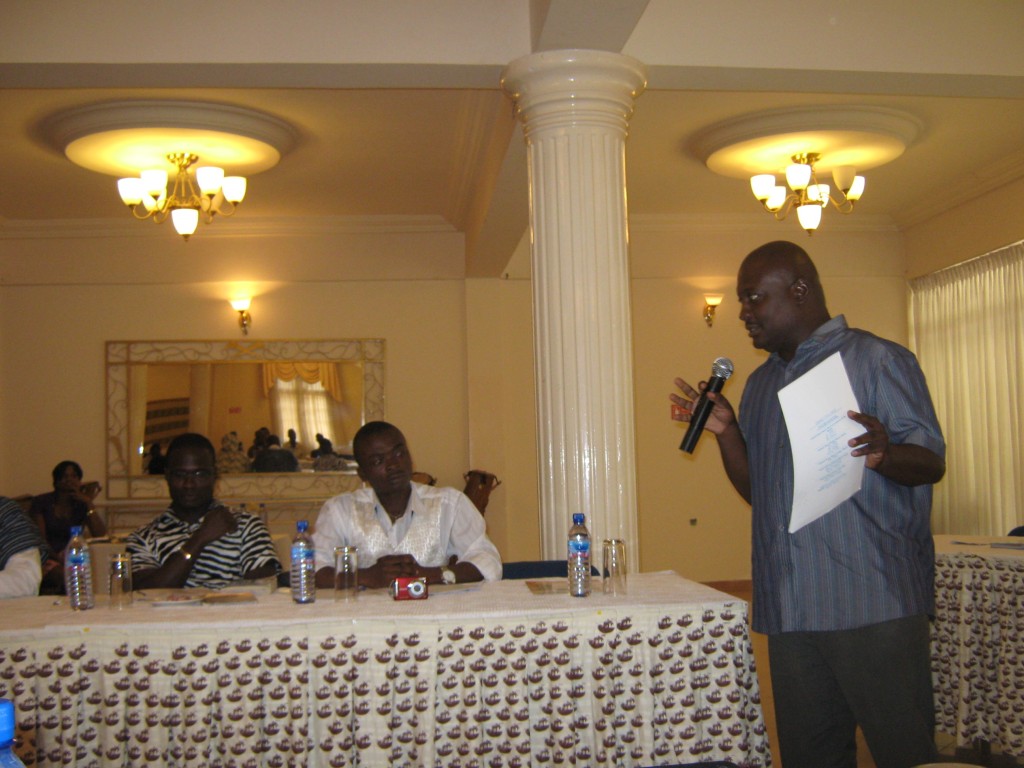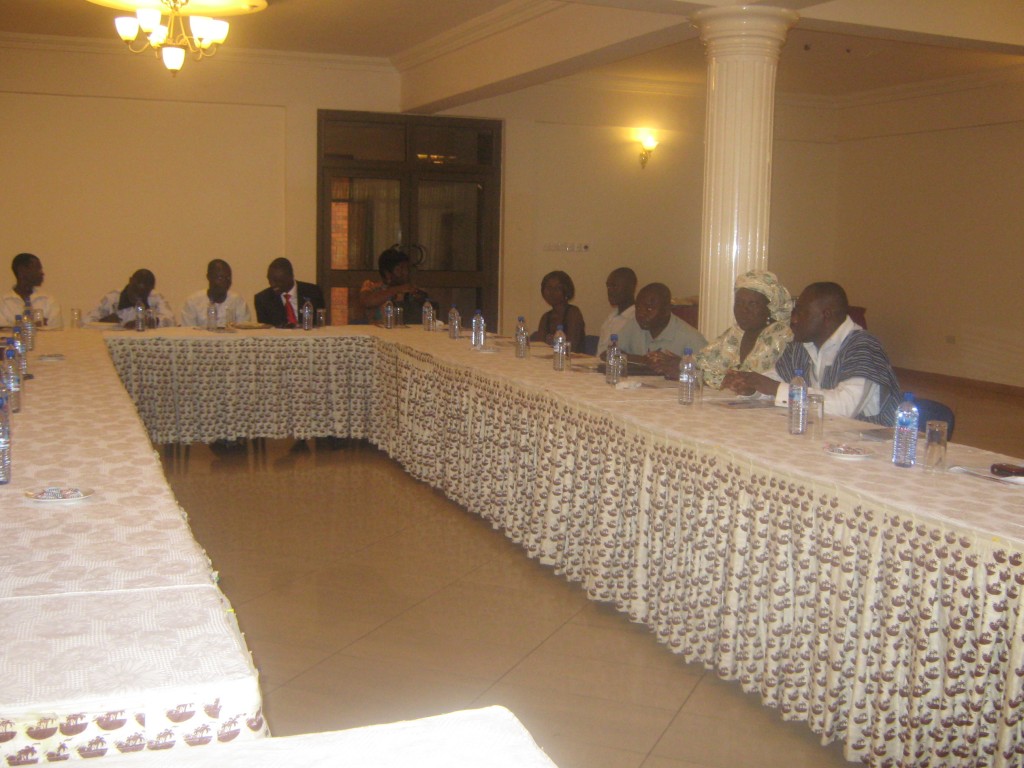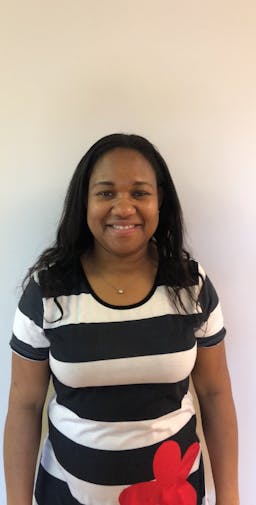The Great Conversation on African Liberation Day
Jan 21, 2015
Story



The African Liberation Day also called the African Freedom Day falls on the 25th of May each year coinciding with the Africa Union Day. This day is observed by member States of the African Union to reflect on the past, evaluate the present and project for the future.
History has it that in 1958, African leaders and political activists assembled for the first Conference of Independent African States in the Capital City of Ghana-Accra. It was at this conference that the African Freedom Day was born to “mark each year the onward progress of the liberation movement, and to symbolize the determination of the People of Africa to free themselves from foreign domination and exploitation.”
The 2010 African Liberation Day is a significant one in the page of the continent’s books. Why? This is the year that Africa will host the World Cup, a year that a number of African countries notably in West Africa will celebrate fifty (50) years of independence and again a year that the world reflects on ten years of working towards achieving the Millennium Development Goals in Africa and in the whole world and fifteen (15) years of the Beijing Platform for Action. What is more? This year also marks the first anniversary of the life and thoughts of Dr. Tajudeen Abdul-Raheem, the Pan –African activist who died on the very same day. It is also a year that Ghana is observing the centenary birthday celebration of Dr. Kwame Nkrumah,the first president of Ghana who fought for independence for the country.
'The Great Conversation'
To commemorate this year’s African’s day in Ghana, Vision Care Network International, in partnership with Pan- African Network of Emerging Leaders (PANEL Ghana), organised a roundtable dialogue dubbed “Great Conversation”. This forum gathered 35 emerging young leaders from different organisations to reflect soberly, discuss objectively and agree totally on the pragmatic actions to be taken for the way forward as a country and as a continent
Participants present had the opportunity to assess Ghana’s response to the call made by US President Barrack Obama on his visit to the country in July 2009. The intention is to reflect deeply on the issues raised in the address delivered by President Obama to the Ghanaian Parliament and track actions and progress. Obama’s speech which is described as ‘a speech to Africa through the aisle of Ghana’ is a thought provoking one challenging Africans to tighten their seat belts in the area of personal responsibility, cultivating positive attitude, taking actions to conquer diseases, poverty and peaceful conflict resolutions through good Governance.
At the ‘Great Conversation’ participants shared their views on the interconnectedness of the world at all levels-politically, socially, culturally, economically. It came out clear that that Ghana is a part of the whole world. Whatever happens in any spot of the world affects the other.Participants present were charged to act local in order to impact global by taking personal Responsible actions in their own way.
Dr. Paa Kwesi Ndoum urged participants to stand for principles that Dr. Kwame Nkrumah the first President of Ghana who fought for freedom stood for- social justice or equality, self-determination and Pan- Africanism.
Yawa from ‘Leading Ladies’ touched on the fact that today Technology is a tool for our views and voices to be heard on issues that affect us, to share our ideas and solutions with the world and encouraged participants to use the internet responsibly.
Dorinda Quaicoo a Univeristy Graduate feels excited by the opportunity created for young people to connect and brainstorm on practical actions towards nation building.
The Way Forward
Participants committed themselves to take up projects and programmes to build confidence in people in different communities, publish books on leadership, challenge people to be responsible, cultivate positive attitudes and to hold Government responsible.
Like an anonymous author once said ‘no one is free when others are oppressed’. There is the need therefore for us to build nations where children, youth, men and women are free from poverty, diseases, conflicts, bondage and oppression. Nations where there is social justice. Where the most forgotten and neglected voices are heard and respected and included in issues that affect them. That is true freedom, true liberty.




